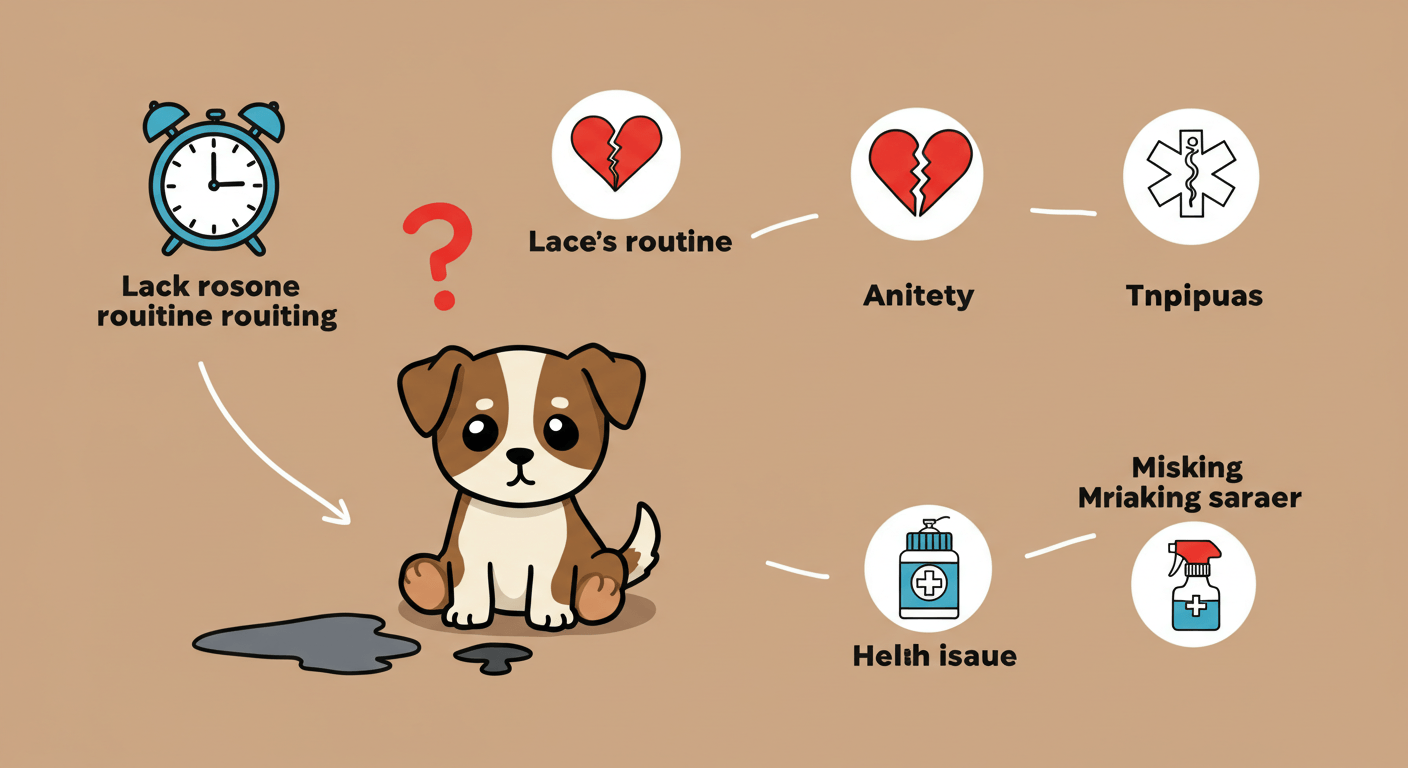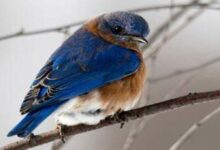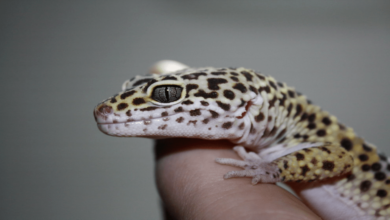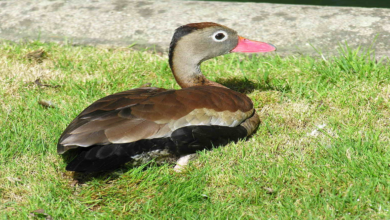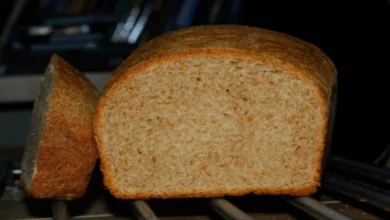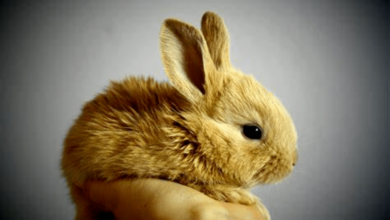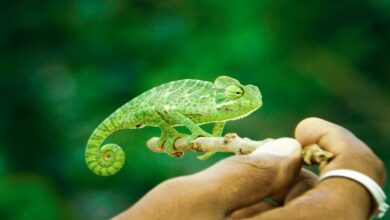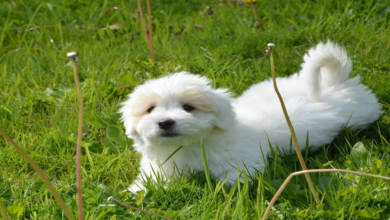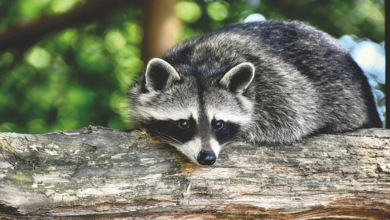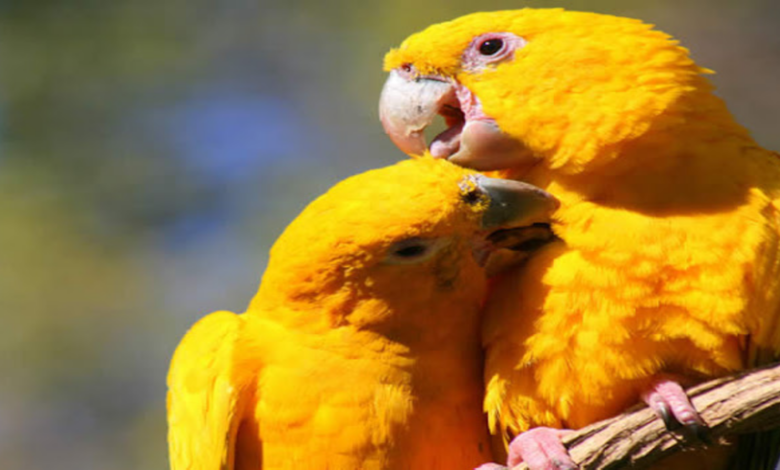
Alpiste, suet and nectar are not the only foods that are suitable for feeding birds: there are many different food scraps that even complement the more traditional food sources. And when used wisely and also in moderation, food scraps can easily become part of your birds’ diet without harm.
What are the benefits for birds?
Giving your birds leftover food is a great way for you to save money on bird seed by using feed that might otherwise be thrown away. And by turning your leftover bird food, there is far less waste, while the birds enjoy a wide variety of treats that can entice them to return to their feeding stations.

Nutritional Value
One of the big concerns about feeding birds with leftover food and old food may or may not be a great source of nutritious food.
Although a diet composed entirely of leftovers is far less suitable, occasional leftover food can easily be incorporated into birds at high metabolic rates with no ill effects. And during the winter months, when natural alternative feed is minimized, leftovers can offer a wide variety and also different proteins, carbohydrates, and fats that are not always abundant in alpiste mixtures.
Small amounts of food leftovers can also be welcome during migration and breeding seasons, when birds need a little more food and a stronger source of energy to stay healthier.
To give your backyard birds the healthiest and most appetizing food, supplement traditional bird seed with regular leftovers in more limited quantities, but do not use the leftovers as a substitute for regular bird seed. Depending on the scraps that are available, you may even attract new and also unique bird species to your garden to enjoy the buffet.

Best types of scraps
There are several different kitchen scraps that can attract many backyard birds, including:
Baked goods: stale or dried bread, bread crusts, doughnuts, cakes, cookies and also crackers are all attractive to backyard birds. Break it into very small pieces and then soak the very old pieces in water before giving them to the birds. Uncooked puff pastry is also well suited. Whole grain and less processed bakery products are much preferable.
Cheese: Old, hard pieces of cheese are easily eaten by birds. Mild flavors like American cheddar or mild may work best, but softer cheeses like cream cheese will not. Birds should never be given moldy cheese or those that are rancid.
Noodles and rice: Leftover noodles or cooked rice are a great source of carbohydrates, especially for those who eat the grains. Leftovers should be very soft and also cut into pieces small enough for the birds to carry. Also avoid offering leftover noodles with heavy sauces, thick cheeses and strong spices.
Vegetables: Birds will eat various seeds and vegetable matter, and leftover vegetables can be a super welcome treat. Frozen peas or corn (thaw them first), leftover baked potatoes or canned vegetable scraps, even canned soups can be fed to the birds.
Meat: Insects are a very popular source of protein for many birds. Offering meat scraps such as, meat fat,bacon rinds, meat scraps, meat bones or also marrow bones can help birds obtain an essential protein even when insects are not very available. As with cheese, birds should not have very rancid or rotten meat available to them.
Pet food: Dry and also wet dog and cat food are formulated to be very healthy for pets and can also be an equally healthy food source for birds. Dry feed should be moistened or else ground up before you offer it to the birds.
Fruit: Unexpected fruit and also bruised fruit from trees in the yard are always very appetizing for birds. The fruit can be picked and then chopped to add to the feeding grounds, or it can be left on the trees for the birds to find. Other fruits, such as raisins, old berries, grapes, oranges, bananas, grapefruit, and seeds of watermelon, pumpkin, melon, and cantaloupe can also be offered to your birds.
Grains: Older grains or leftovers and also oats, including oat flakes or oatmeal, are a very tasty treat for birds. For better nutrition and also greater appeal, offer poultry grains that contain far less sugar and far fewer artificial colors.
Nuts: While peanuts are safe to buy raw as a bird seed, walnuts and almonds are also attractive to birds. Offer them chopped or whole nuts, or use peanut butter to attract different birds. Coconut halves can also be used as a small feeder and are quite tasty. Do not offer chicken nuts with the candy toppings or the spice flavors.
Eggs and eggshells: Although this may seem counterintuitive at first glance, well-cooked eggs can be a very popular food that provides birds with several essential nutrients. Crushed eggshells are also a great source of calcium for nesting birds and gravel to aid in the birds’ digestion.

How to Feed Scraps to Birds
The way that is easiest to feed scraps to birds is to pour the food into a feeder, but leftover oil, in particular, can leave some unwanted stains. Instead, consider using a feeding cage that hangs down for larger leftovers or chopping up the leftovers to mix into an easier bird suet recipe. Feeding leftovers on the ground is fine, but can attract various pests if not consumed right away.
Concerns
Although feeding on bird scraps can be more economical and also provides a good variety of forage, there are some problems with these alternative foods.
Pests: Leftover food easily attracts rodents as well as other pests such as mice, rats and raccoons, which can be very dangerous to backyard birds. To minimize these pests, offer the scraps in small quantities or you can choose hanging feeders that are much less accessible to the pests. This also keeps the dirt well away from the pets.
Rotting: Food scraps can spoil quickly, and although birds have a much less refined taste than humans, the nasty food is not eaten much. This is especially true in late summer and also in the fall, when natural food sources are quite plentiful and birds consume far less leftovers. Throughout this period, preserve leftovers well by freezing them and then offering them when natural food sources
sources of food are scarce.
Poor health: If your birds ate only the leftovers, they would not get enough nutrition for healthy growth or full energy. Instead, poor nutrition can lead to various other health problems, such as obesity or some feather deformities. To minimize the risk, offer litter only rarely and only in very limited quantities.
While not the most nutritious choice, kitchen scraps are perfect for giving garden birds a very occasional treat. From leftover macaroni to stale cheese and eggshells, minimize waste in your kitchen and then maximize your bird food sources by offering a variety of kitchen scraps at their feeders.
Can birds eat soup?
While most people think of birdseed when it comes to feeding a bird, there are actually several other options that can be just as nutritious – and very delicious! One option that is often overlooked is soup. Yes, soup! Birds can and do enjoy soup even more than we do.
Just like humans, birds love a good hot bowl of soup on a colder day. Although you might not think that soup is good for birds, it can be an excellent source of nutrients. Soup is full of protein, minerals, and vitamins that can go a long way in keeping birds healthy and strong. In addition, it is quite easy to make and can be customized to meet the needs of any type of bird very well.
What soups can birds eat?

While everyone likes and prefers one type of soup, which soup do birds like best and which soup is safe and also healthy.
As any bird lover knows, feeding your feathered friends a healthy diet is essential for their well-being. But what kind of soup can birds eat?
Several soup recipes are made with ingredients such as baked beans, boiled rice and boiled vegetables that are perfectly safe and quite healthy.
